Should the United States pivot to universal health care? Here are the pros and cons.
A medical system that serves everyone comes with its own costs — and not all of them are financial
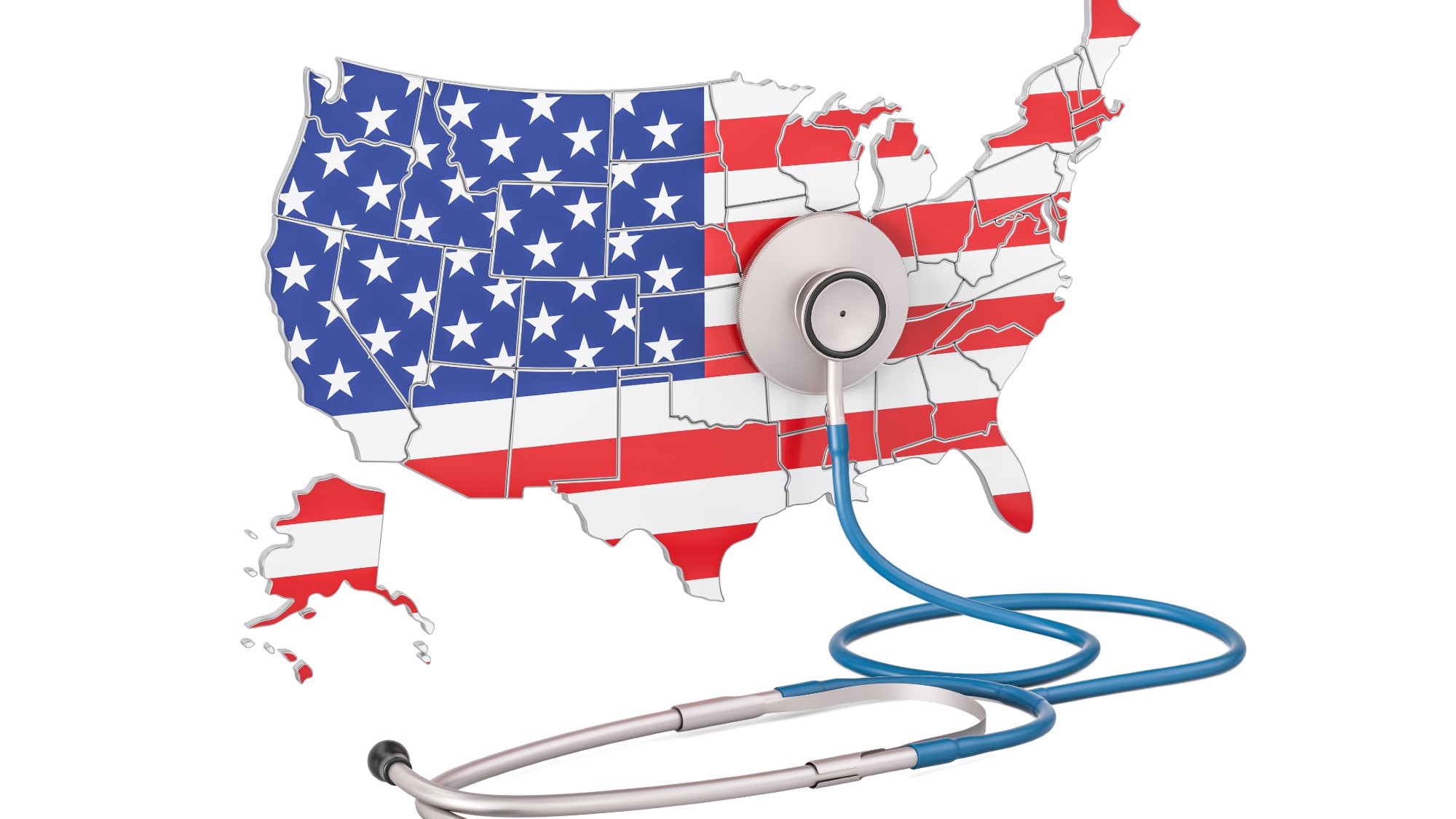

Universal health care (UHC) is a system under which "all people have access to the full range of quality health services they need, when and where they need them, without financial hardship," said the World Health Organization. Currently, 72 countries have some form of UHC, according to the World Population Review. The U.S. is not one of those countries. But there has been interest from the American public in pivoting to a UHC system.
The current U.S. health care system is paid for through both public and private sources. These sources include insurance companies, along with government programs like Medicare. Many people would prefer to transition to a single-payer system, which is a form of UHC. In this system, health care is paid for by a single public entity — usually the federal government — through taxes. Medicare for All is a popular proposal in American politics that would turn the current system into a single-payer system, essentially expanding Medicare coverage to the entire population. However, there may be both benefits and drawbacks involved in implementing a UHC system in the U.S.
Pro: a healthier society
The largest and most obvious benefit of universal health care is the fact that everyone gets health care. UHC is "linked to longer life expectancy, lower child mortality rates, higher smoking cessation rates, lower depression rates and a higher general sense of well-being, with more people reporting being in 'excellent health,'" said Britannica. It also "leads to appropriate use of health care facilities, including lower rates of emergency room visits for non-emergencies and a higher use of preventative doctors' visits to manage chronic conditions."
Subscribe to The Week
Escape your echo chamber. Get the facts behind the news, plus analysis from multiple perspectives.

Sign up for The Week's Free Newsletters
From our morning news briefing to a weekly Good News Newsletter, get the best of The Week delivered directly to your inbox.
From our morning news briefing to a weekly Good News Newsletter, get the best of The Week delivered directly to your inbox.
Universal health care can additionally help society-wide health issues by "addressing the growing chronic disease crisis, mitigating the economic costs associated with said crisis" and "reducing the vast health disparities that exist" between levels of society, said an article published in the journal Medicina. UHC may also lead to better outcomes during pandemics like Covid-19. "When any of us is exposed, all of us are," said Milwaukee Independent. "Universal, effective and affordable health care makes us all stronger and safer."
Con: increased taxes
UHC can be pricey. If implemented, Medicare for All would cost an "estimated $30 to $40 trillion over ten years," said Britannica. "The cost would be the largest single increase to the federal budget ever." While much of this cost could be covered by taxing the wealthy, "taxes on the middle class would have to rise in order to pay for it" as well, said the Committee for a Responsible Federal Budget. "Those taxes could be imposed directly on workers, indirectly through taxes on employers or consumption, or through a combination of direct or indirect taxes."
Those in favor of UHC argue that the benefits from access to health care would offset the extra cost required to implement it. On the downside, those who require less health care would also see their costs increase. "Whether a family pays more or less on net under Medicare for All will depend on how the program is financed and will also differ from person to person," said CRFB.
Pro: reduced financial burden
While UHC could lead to increased taxes, it would also bring down insurance premium prices and reduce the chance of medical bankruptcy. Medical debt is a significant problem in this country, with U.S. residents owing at least $220 billion total; 14 million people owe over $1,000 and three million people owe more than $10,000, according to the American Hospital Association. "Affordable, comprehensive health care coverage is the most important protection against medical debt," said the AHA.
A free daily email with the biggest news stories of the day – and the best features from TheWeek.com
UHC would also allow those with more medical needs or low-income patients to still be able to access medical treatment without fear of the cost. "If all Americans were provided health care under a single-payer system, medical bankruptcy would no longer exist, because the government, not private citizens, would pay all medical bills," said Britannica.
Con: general inefficiency
Health care run by the government is doomed to face the same inefficiencies as the government itself. "Increased wait times in the U.S. would likely occur — at least in the short term — as a result of a steep rise in the number of primary and emergency care visits," said Medicina. There may also be an increase in "general wastefulness, inefficiency and disorganization that is often associated with bureaucratic, government-run agencies."
Under UHC, cost sharing would be "very limited," and the "demand for medical care would probably exceed the supply of care — with increased wait times for appointments or elective surgeries, greater wait times at doctors' offices and other facilities, or the need to travel greater distances to receive medical care," said the Congressional Budget Office. As a result, "some demand for care might be unmet."
Pro: positive societal changes
As UHC would increase medical demand, it could also prompt the creation of better public health behaviors. The advent of UHC in the U.S. may be "more likely to promote healthy lifestyle behaviors, environmental factors and policies compared to a non-inclusive system," said Medicina. For example, to decrease the need for medical attention due to frustration with longer wait times, people may be more likely to become physically active instead. The government may also focus on decreasing pollution and regulating food to prevent health problems in the first place.
More resources, such as green spaces, could also appear in low-income areas. There is a "significant inverse association between higher levels of residential green cover and lower direct health care costs," said a 2022 study published in Environment International. UHC gives the government an incentive to make society healthier and safer.
Con: reduced quality of care
The transition to UHC could disrupt hospitals and, in turn, their quality of care. A "single-payer system that paid hospitals using Medicare rates would result in a substantial decline in hospitals' average payment rates," said the Congressional Budget Office. "Such a system would place considerable financial pressure on hospitals."
The increase in demand for care could also stretch resources thin, leading to a diminished quality of care. "Under a government-sponsored socialized health care system, choice would become more limited, timing mandated and supply and demand would be controlled through the constraints of a health care budget," said Joshua Axene of health consulting company Axene Health Partners. "As much as Americans believe that they are crockpots and can be patient, we are more like microwaves and want things fast and on our own terms."
Devika Rao has worked as a staff writer at The Week since 2022, covering science, the environment, climate and business. She previously worked as a policy associate for a nonprofit organization advocating for environmental action from a business perspective.
-
 How will Ford reinvent EV manufacturing to compete with China?
How will Ford reinvent EV manufacturing to compete with China?Today's Big Question Henry Ford's assembly line system is being replaced
-
 The latest entry in Ethan Coen's queer trilogy, a Jeff Buckley documentary and the rare children's horror flick in August movies
The latest entry in Ethan Coen's queer trilogy, a Jeff Buckley documentary and the rare children's horror flick in August moviesthe week recommends The month's film releases include 'Honey Don't!,' 'It's Never Over, Jeff Buckley' and 'Sketch'
-
 Switzerland could experience unique economic problems from Trump's tariffs
Switzerland could experience unique economic problems from Trump's tariffsIn the Spotlight The current US tariff rate on Switzerland is among the highest in the world
-
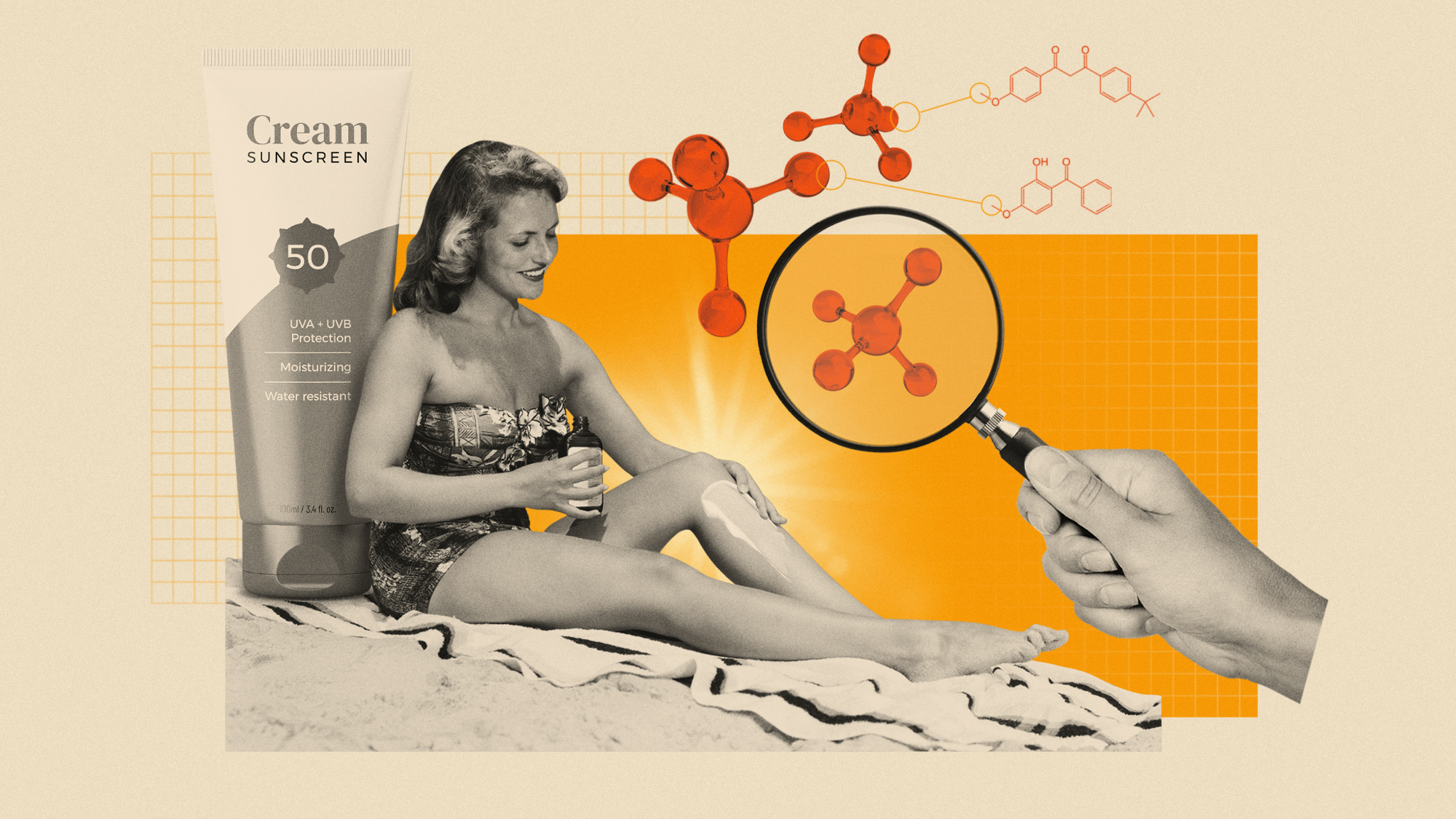 The truth about sunscreen
The truth about sunscreenThe Explainer The science behind influencer claims that sun cream is toxic
-
 RFK Jr. shuts down mRNA vaccine funding at agency
RFK Jr. shuts down mRNA vaccine funding at agencySpeed Read The decision canceled or modified 22 projects, primarily for work on vaccines and therapeutics for respiratory viruses
-
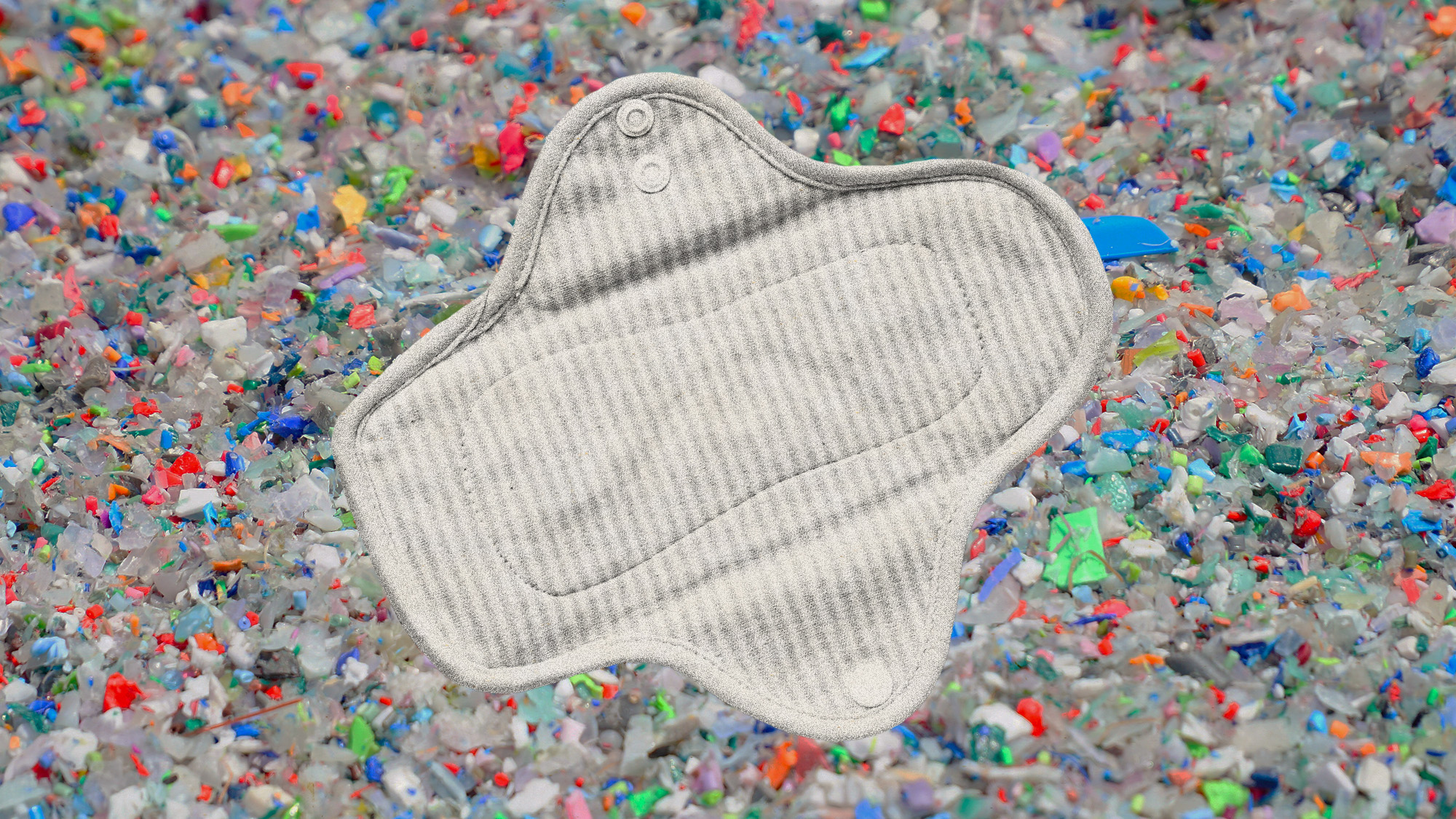 Forever chemicals were found in reusable menstrual products. That is nothing new for women.
Forever chemicals were found in reusable menstrual products. That is nothing new for women.Under the Radar Toxic chemicals are all too common in such products
-
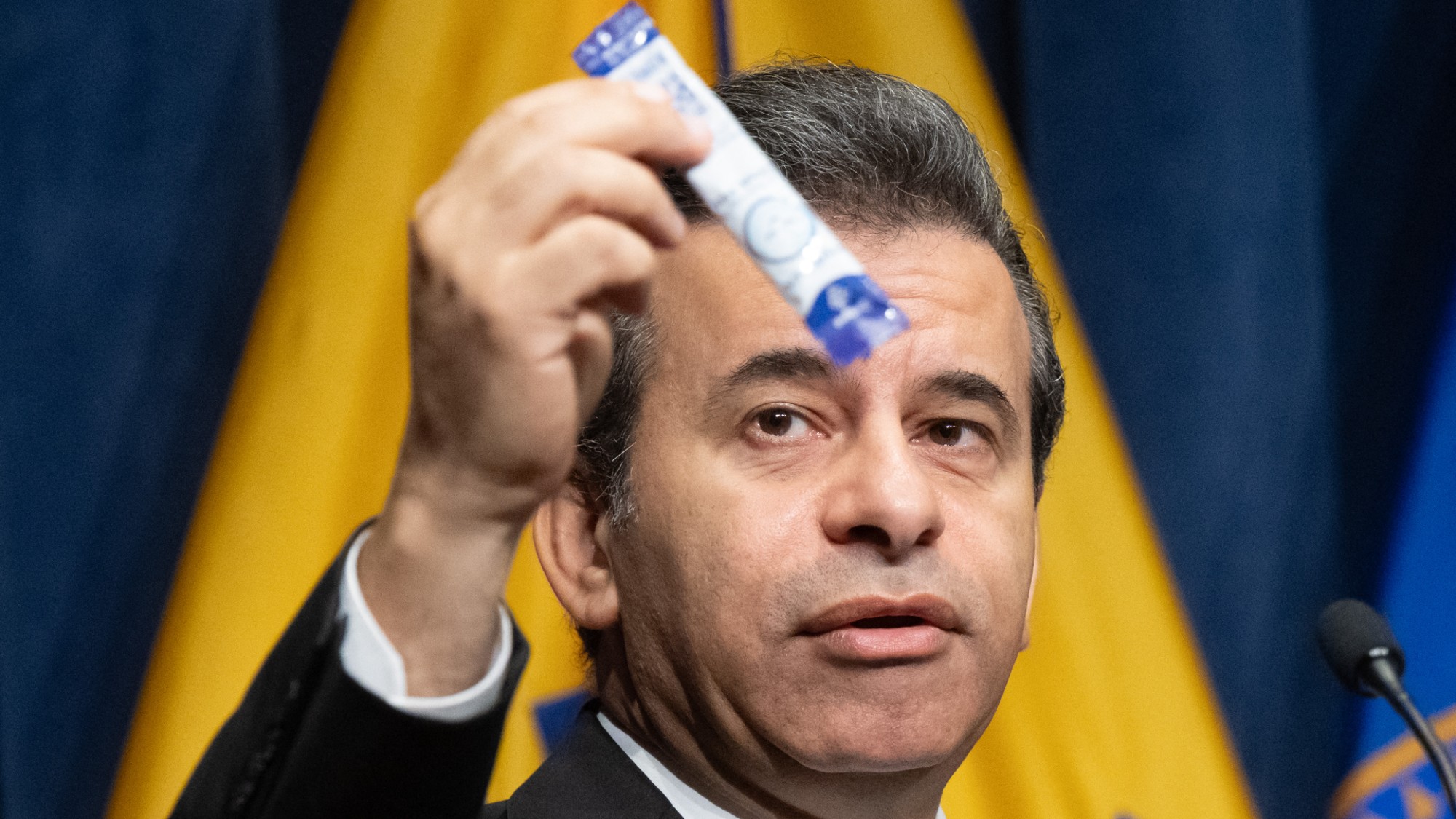 Why the FDA wants to restrict kratom-related products
Why the FDA wants to restrict kratom-related productsIn the Spotlight The compound is currently sold across the United States
-
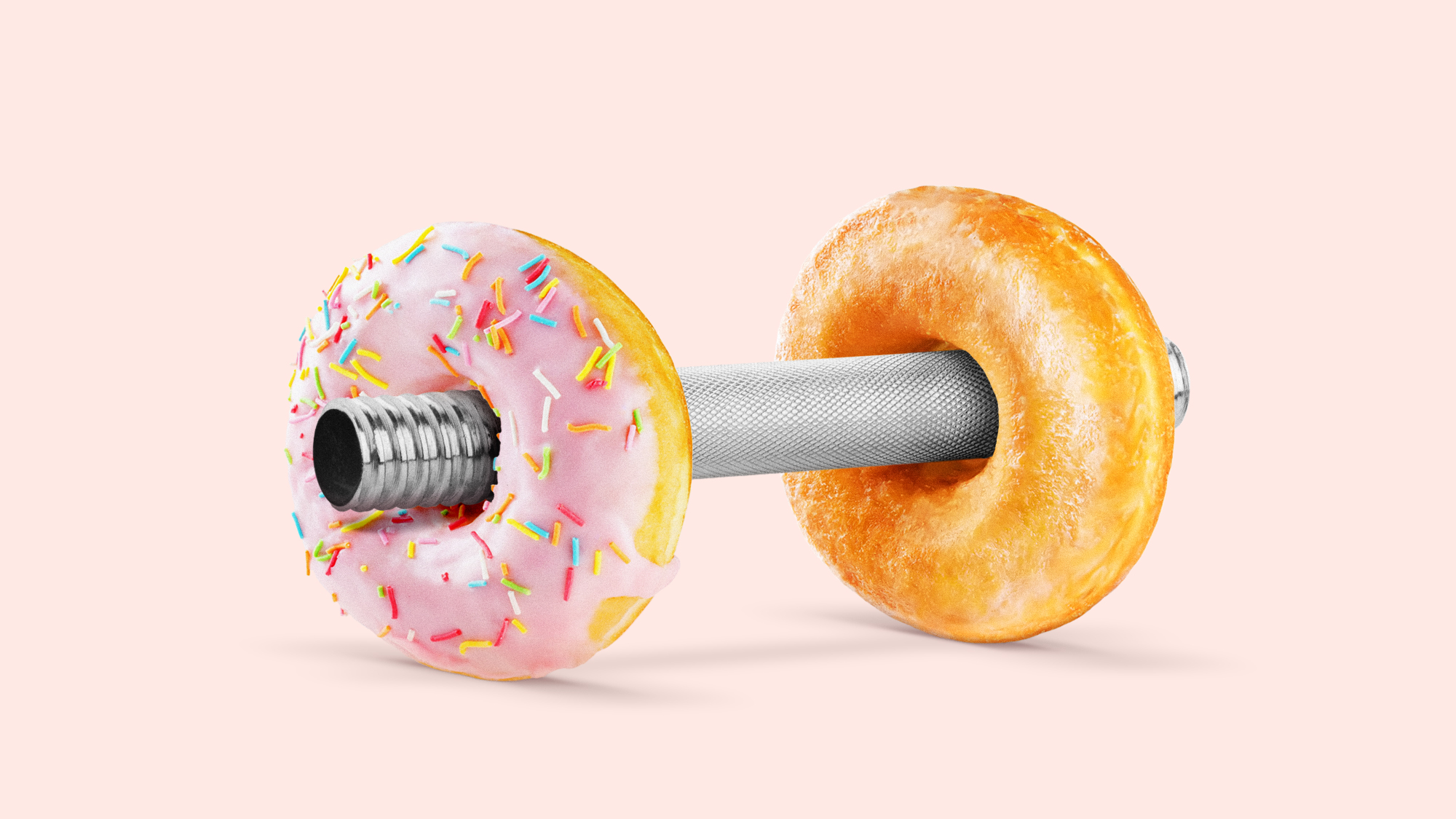 Food may contribute more to obesity than exercise
Food may contribute more to obesity than exerciseUnder the radar The devil's in the diet
-
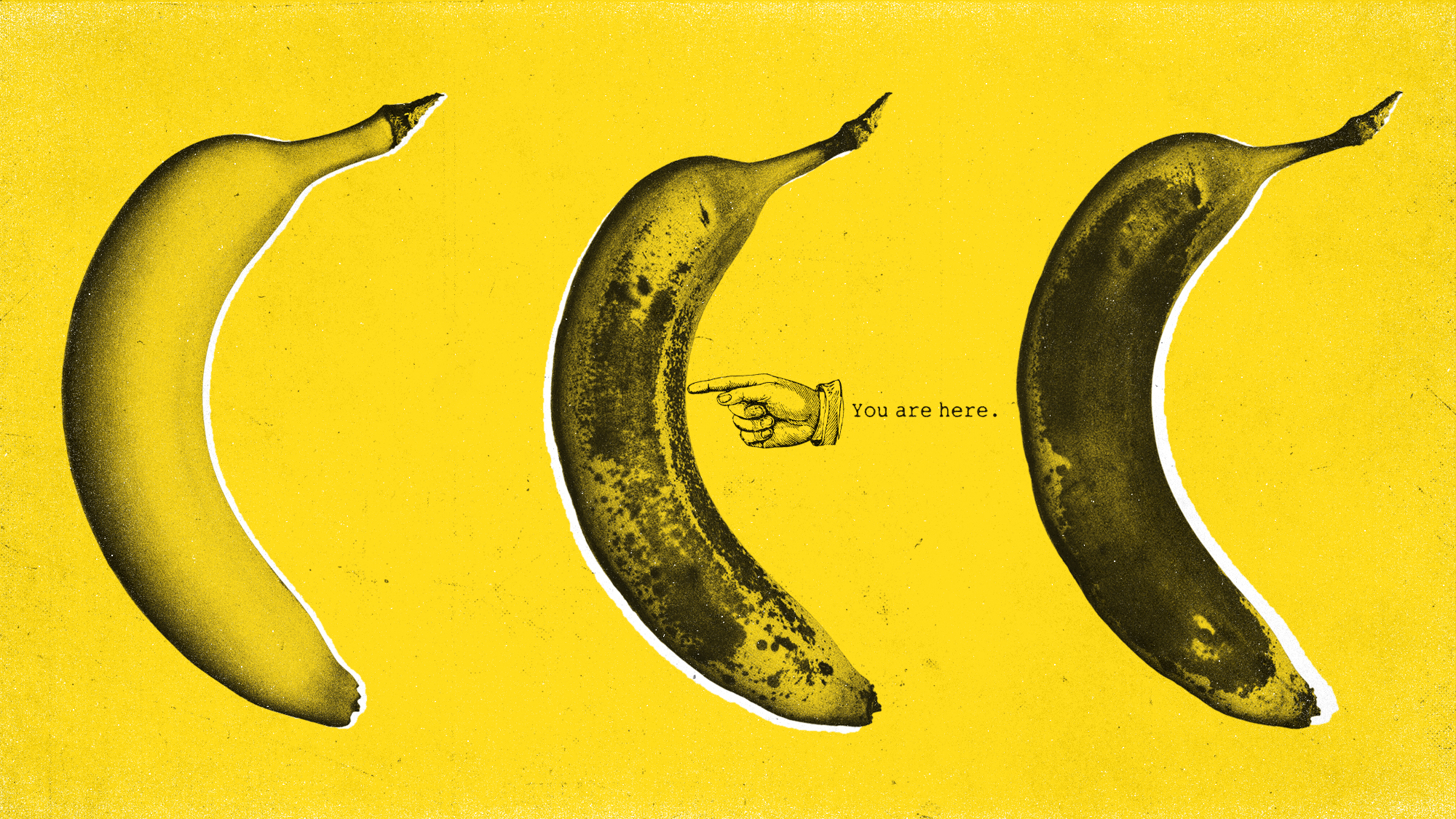 Not just a number: how aging rates vary by country
Not just a number: how aging rates vary by countryThe explainer Inequality is a key factor
-
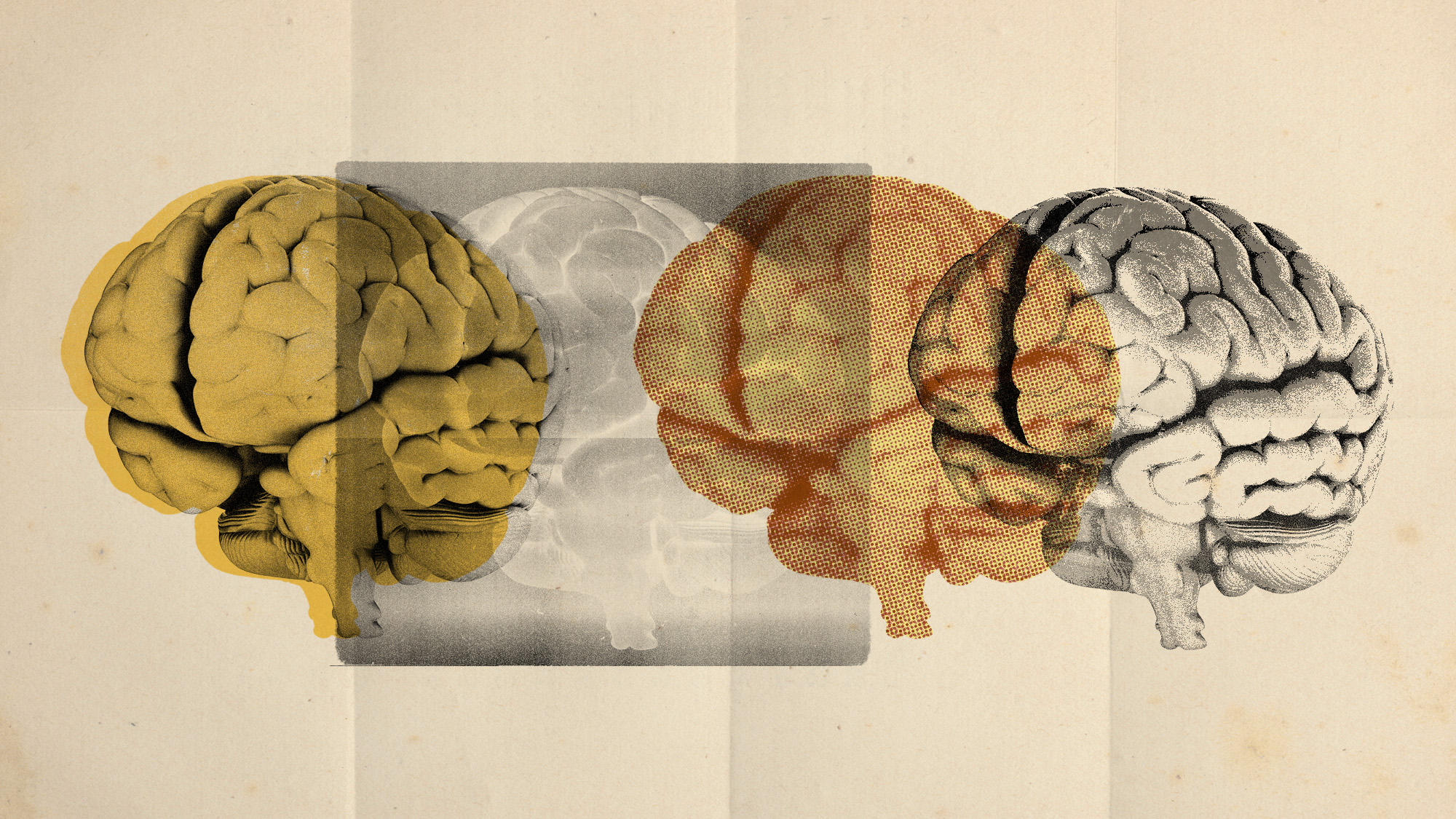 Scientists have identified 4 distinct autism subtypes
Scientists have identified 4 distinct autism subtypesUnder the radar They could lead to more accurate diagnosis and care
-
 Children's health has declined in the US
Children's health has declined in the USThe Explainer It's likely a sign of larger systemic issues
